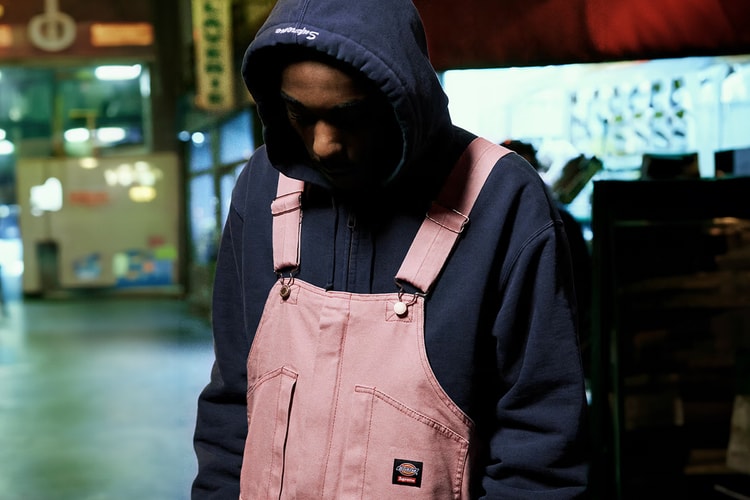Op-ed: Don't Blame SoundCloud, Blame Copyright Law
All the issues SoundCloud is facing.

Back in May, Spotify announced a 45% increase in revenue from the previous year, with earnings in the neighborhood of $1.3 billion. The Swedish music streaming service seemed unfazed by Tidal’s recent cannonball into the music streaming pool, and with Apple making waves in the distance, the revenue announcement was encouraging to investors. A few weeks later, across the Baltic Sea in Berlin, another Swedish music platform was facing some disappointingly bad news. In July, an insider at Soundcloud told Digital Music News the service was running “dangerously low” on cash and would need an emergency investment by the end of the year to stay afloat.
The past few months at Soundcloud have been shaped by the challenges of staying afloat in the streaming market, a market whose rules are being written mostly by people outside of the SoundCloud offices. In May, Sony decided to pull all of its material from the service amid stalling talks to hammer out a licensing deal. News that SoundCloud had contracted Zefr, the service that helps to identify copyrighted content on YouTube scared users, afraid that this was a sign SoundCloud would be clamping down on unauthorized remixes. This purge of material came in mid-August as SoundCloud began aggressively taking down music (some of which was authorized) and terminating accounts. Then, Performing Rights Society for Music, a U.K. songwriters licensing group sued SoundCloud for not properly paying royalties and licensing fees to its artists.
By the end of the summer, SoundCloud was on everyone’s naughty list. Users were upset with what they saw were unfair takedowns and account terminations. Major labels were upset with stalled talks and increasing fears of uncompensated streams of their material online. Gone are the days of piracy via downloading being the enemy, it’s 2015 and major labels now fear their material is being uploaded and streamed for free, making SoundCloud their number one target. All this, combined with fears that SoundCloud’s plans to launch a subscription service would turn it into a Spotify imitation, made SoundCloud public enemy number one. It didn’t help that blogs were publishing articles such as “Six alternatives to SoundCloud for hosting DJ mixes.”
But as the ever-wise Ice-T once said “don’t hate the player, hate the game.” So why all the anger at Soundcloud? Their hands are tied by a streaming model they don’t fit into. Keeping up business as usual would mean going bankrupt due to lawsuits from major labels over hosting their content without paying royalties. SoundCloud is inevitably being pushed to join the likes of Spotify and Apple Music by paying labels licensing fees to host their music and charging users subscription fees for the right to listen to that music. But what makes SoundCloud different is its catalogue. Spotify has largely avoided copyright battles by only hosting licensed music. Its catalogue is about 30 million songs. But SoundCloud’s catalogue is user-uploaded, which means it hosts over 100 million songs, many of which are unauthorized.
So SoundCloud can either delete all of the unauthorized music that undoubtedly makes the platform what it is, or it can find a way to distinguish itself from other streaming services by earning revenue off of the remixes and DJ sets that helped popularize it into the 173 million visitors-per-month behemoth it is.
SoundCloud Chief Technology Officer Eric Wahlforss declined to detail and specifics of the budding subscription service, not specifying what subscribers will get that non-paying users won’t. But here’s what the ideal version for SoundCloud and its users would look like:
SoundCloud would close licensing deals with Sony and UMG. Those two, along with Merlin and WMG (who SoundCloud has already reached deals with), would license their music to SoundCloud and users would pay subscription fees to SoundCloud for the ability to stream the labels’ catalogues. But the four parties would also license derivative works, the partial use of a copyrighted recording in another artist’s material. This would allow SoundCloud and the labels who own the original sources of the music to earn revenue off of streams of DJ sets and remixes. All of the material that was taken down in August would instead be monetized much in the same way that Youtube videos that contain copyrighted music aren’t taken down but are monetized, with the revenue going towards the copyright holders of the songs. SoundCloud would be able to distinguish itself from Spotify, Apple, and the other streaming services by offering an expanded catalogue of monetizable user-generated content. It would include the 30 million songs in Spotify’s catalogue along with remixes and DJ sets that contain snippets of these works.
But this isn’t likely to happen. Derivative works licensing is complicated and vague. Determining where a legitimate remix ends and a re-upload of copyrighted material begins is extremely difficult, and often determined on a case by case basis. This is why the palette of streaming services we have now from Tidal to Apple Music only offer licensed original songs. While the derivative works are what set SoundCloud apart as a platform, they could also be its downfall.
The solution, however, is not another platform to replace SoundCloud. Jumping ship and moving to Mixcloud is only a temporary solution. Don’t forget that SoundCloud’s earliest adopters came in a mass exodus from Myspace music. What needs to change isn’t the players, but the game. Digital copyright law as it is now was created for an internet that has changed beyond recognition. Copyright’s original intention was to promote innovation and creativity by ensuring a creative work would be protected, and therefore allow only the creator to profit off of it. But copyright rules as they are now largely stifle the creativity of a large group of creators who just happen to be SoundCloud’s most active users: DJs and remixers.
















